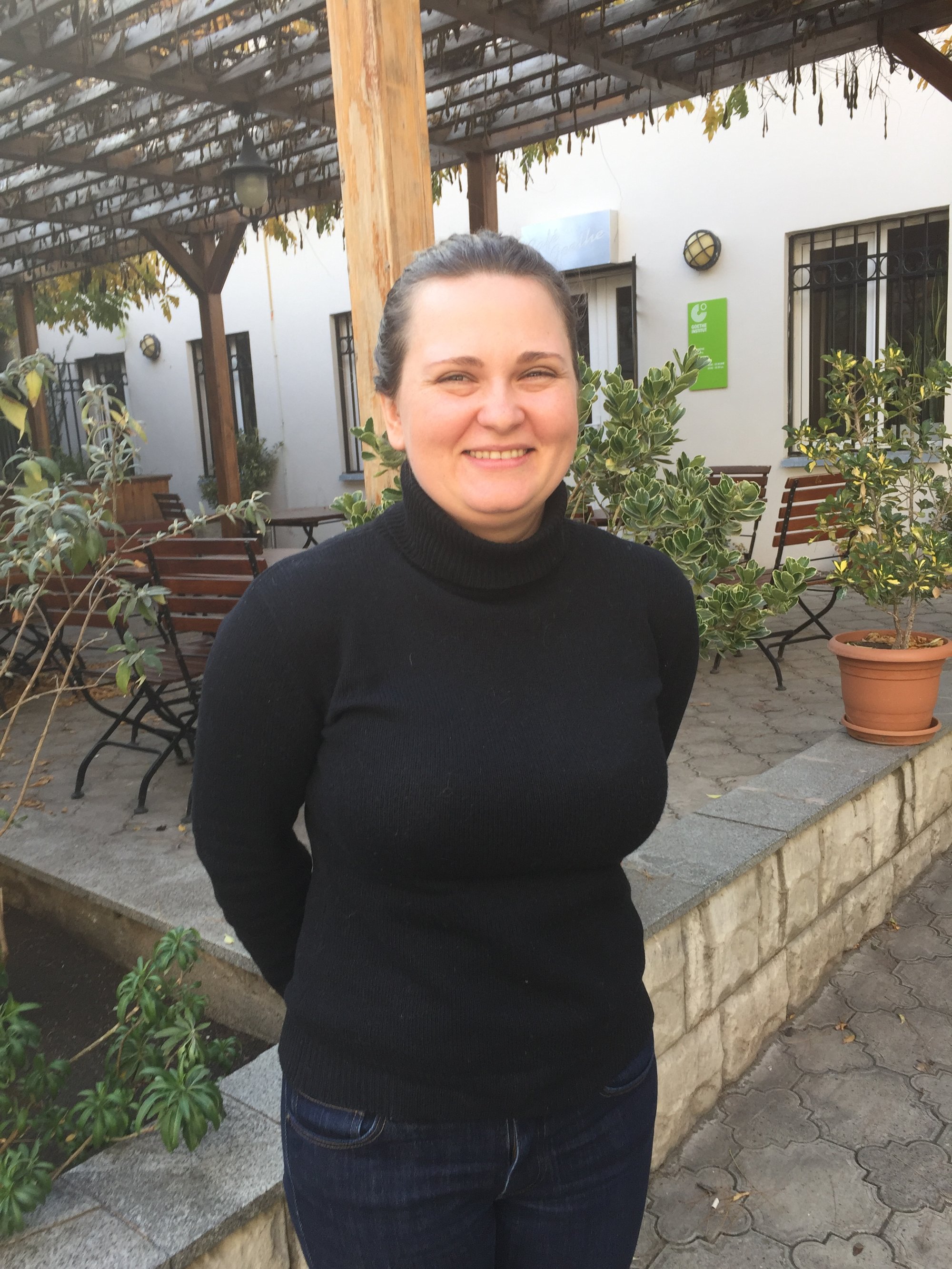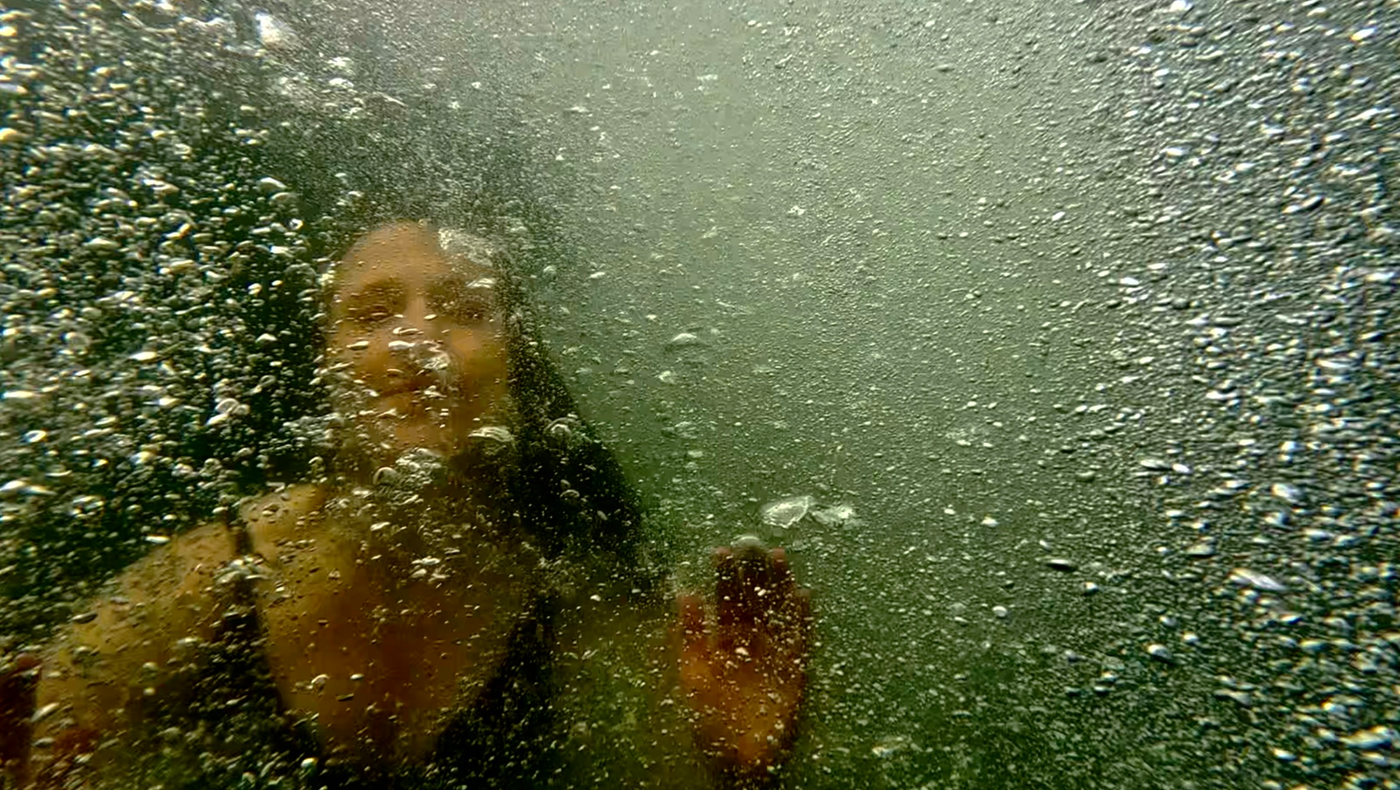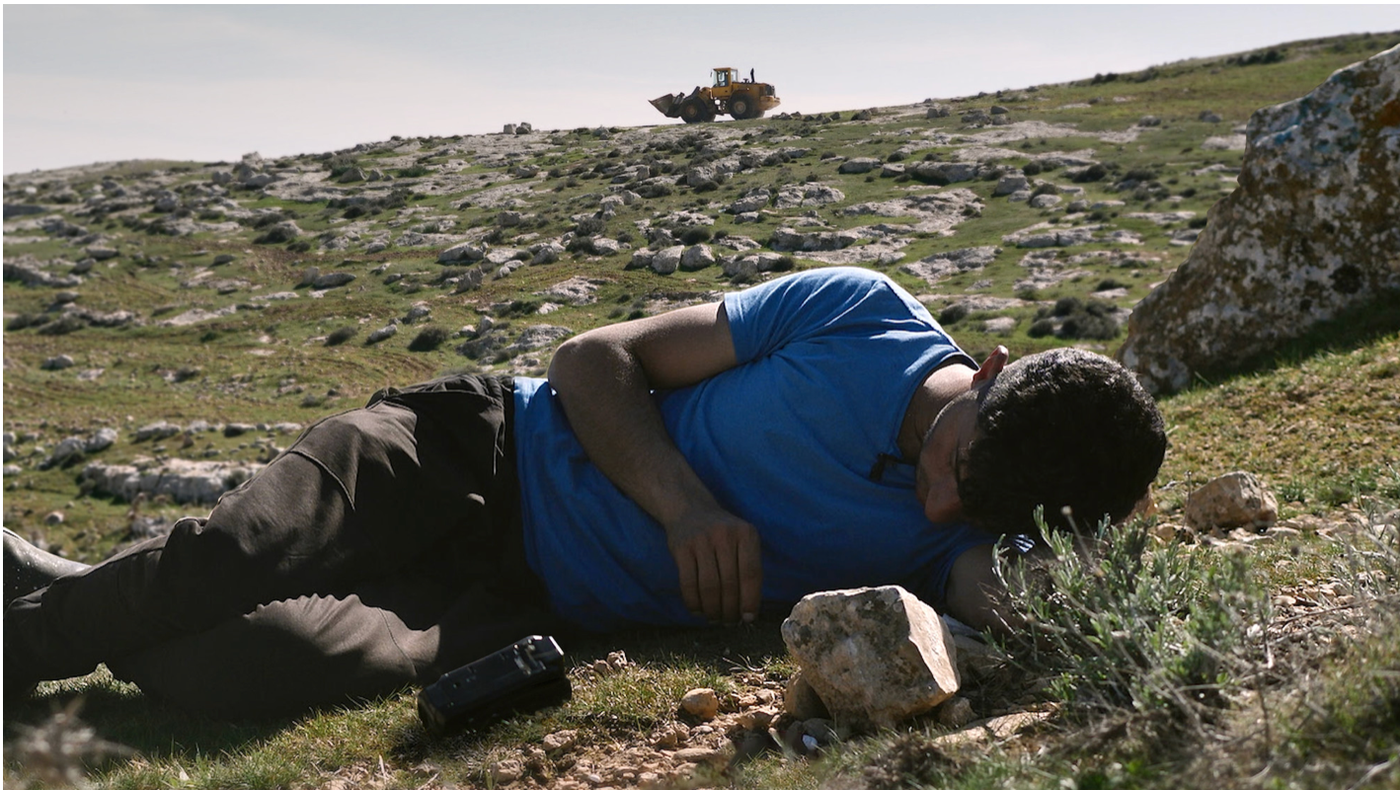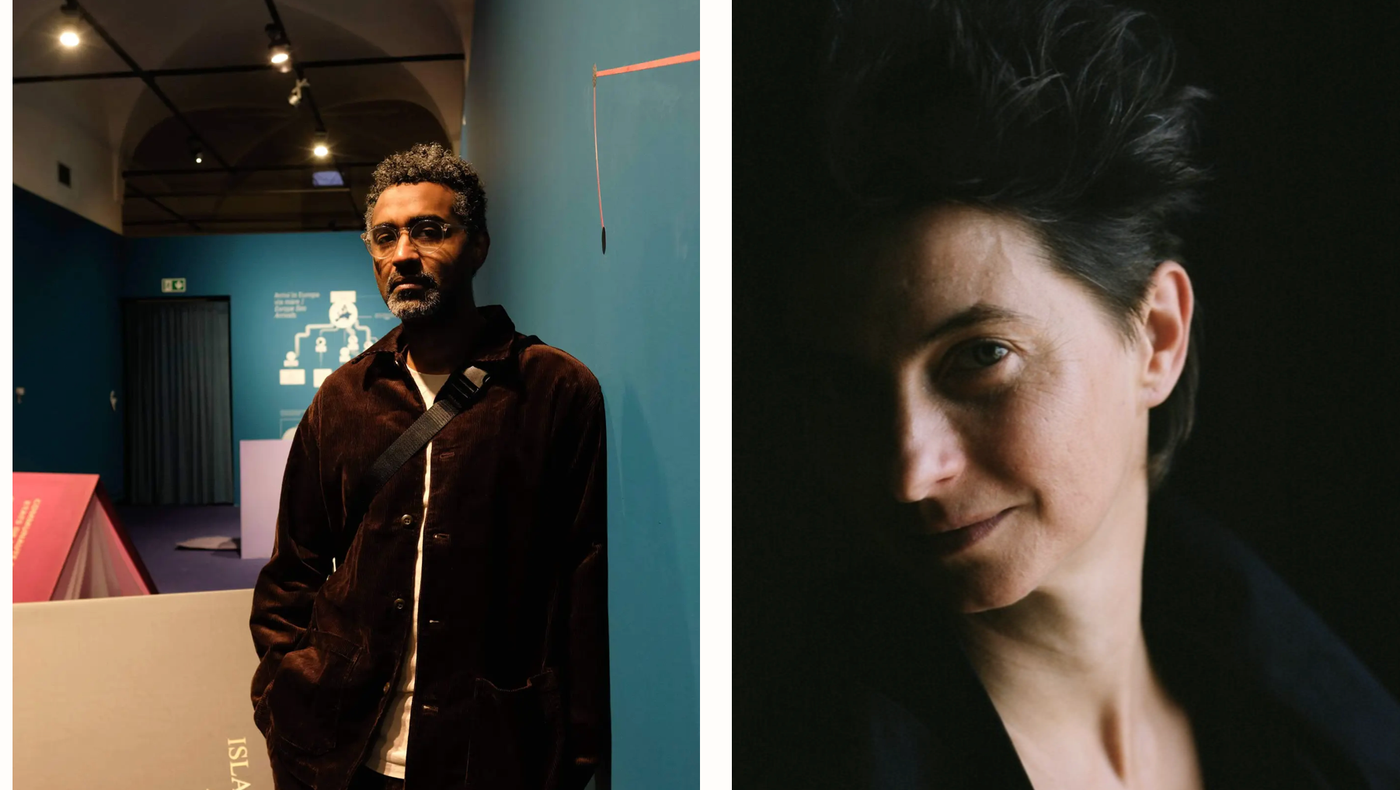The "Free Media Awards" Presented in Tbilisi
Earlier this week, the Free Media Prizes for Independent Journalism in Eastern Europe were presented by the Fritt Ord Foundation and the ZEIT Foundation at the Free Media Awards ceremony at the Goethe Institute in Tbilisi, Georgia. The event took place on 24 – 25 November 2016. In addition to the awards ceremony, there was an international conference for journalists featuring lectures and debates on sustainable, independent journalism, monitoring and journalistic standards.
The 2016 prize laureates are Seymur Hazi, editor and commentator in the newspaper Azadliq in Azerbaijan, the Russian journalist Elena Milashina, correspondent in the Northern Caucasus for Novaya Gazeta and the Ukrainian website Nashi Groshi.
Read more about the recipients and the nomination process here.
The ‘Free Media Awards’ is the new name for the Press Prizes awarded by the two foundations. The prizes provide support for the journalists and media that report independently and refuse to give up in response to threats. The media operate under tremendous pressure in many countries in Eastern Europe. With the Free Media Awards, we aspire to encourage journalists and media to carry on their work, despite threats and violent oppression. With the Free Media Awards, we seek to express our respect and admiration in an effort to strengthen independent journalism.
Programme, Free Media Awards 2016
Thursday, November 24th, 2016
Welcome
Stephan Wackwitz, Director Goethe Institute Tbilisi, Jury Member Free Media Awards
Bente Roalsvig, Stiftelsen Fritt Ord, Project and Deputy Director
Michael Göring, ZEIT-Stiftung, Chairman of the Board of Directors
First Panel: Sustainable independent media – financing independent journalism
Introduction: Aleksey Shalayski, Nashi Groshi
Panel chair: Alice Bota, DIE ZEIT, Moscow, Jury Member Free Media Awards
A common challenge for Eastern European media is the weakly developed media market. In some countries there is a strong state with a high level of involvement in mass media, in other countries oligarchs use mass media for their own, political ends. In both cases, these elements substantially distort the market mechanisms of the media market, hampering the development of independent business models. Also, the entire region has recently been struck by a long-term economic crisis, rendering economic opportunities even slimmer. At the same time, available sources of income, such as i.e. content marketing, challenge recognized ethical standards for journalism.
How can sustainable independent media enterprises be established in the current Eastern European environment?
Friday, November 25th, 2016
Second Panel: Security – dealing with threats and surveillance
Introduction: Elena Milashina, Novaja Gazeta
Panel chair: Martin Paulsen, University of Bergen, Jury Member Free Media Awards
According to Committee to Protect Journalists, 84 journalists have been killed in the Eastern European countries covered by the Free Media Awards since 1992. Many more have been imprisoned, attacked or threatened. Threats take different forms, they may be explicitly stated, or perceived threats based on the individual journalist’s gut feeling. For many journalists in the region, threats are something they need to deal with on a daily basis.
What forms do such threats take? How is it possible to conduct free and independent quality journalism in an environment of threats?
Third Panel: Populism and journalistic standards
Introduction: Guri Norstrøm, Norwegian Broadcasting Corporation, Jury Member Free Media Awards
Chair: Stephan Wackwitz, Director Goethe Institute Tbilisi, Jury Member Free Media Awards
Contemporary journalists operate in a dramatically changed informational environment. The emergence of new populist movements and total accessibility of social media promote information not based on facts and breed resentments and negative effects. In addition, the state propaganda is deliberately trying to undermine factuality. The dark side of the freedom of expression, the right to have an opinion is functionalized to attack and insult individuals and groups, especially minorities. Facts are relativized by opinions.
How can serious and fact-based journalism compete with faster and easier digestible populist opinions? Is there any strategy to keep high journalistic standards in the relativistic informational chaos?
Prize Dinner Honouring the Free Media Prize Winners
Remarks:
Martin Paulsen, University of Bergen, Jury Member,
Michael Göring, ZEIT-Stiftung, Chairman of the Board of Directors
Dinner Speech:
Nino Lejava, Office Director South Caucasus Regional Heinrich Böll-Stiftung Tbilisi
Words of Thanks: Nigar Yagublu




